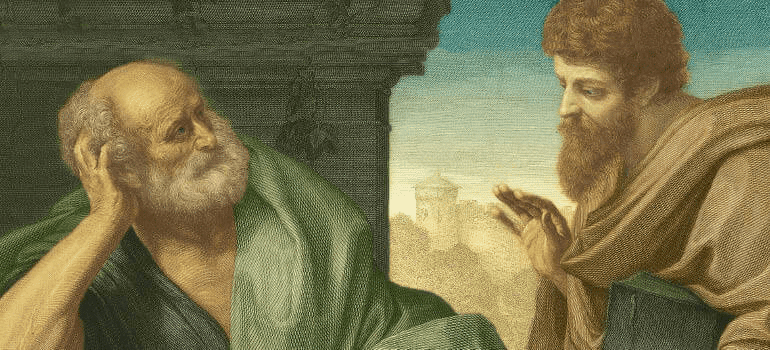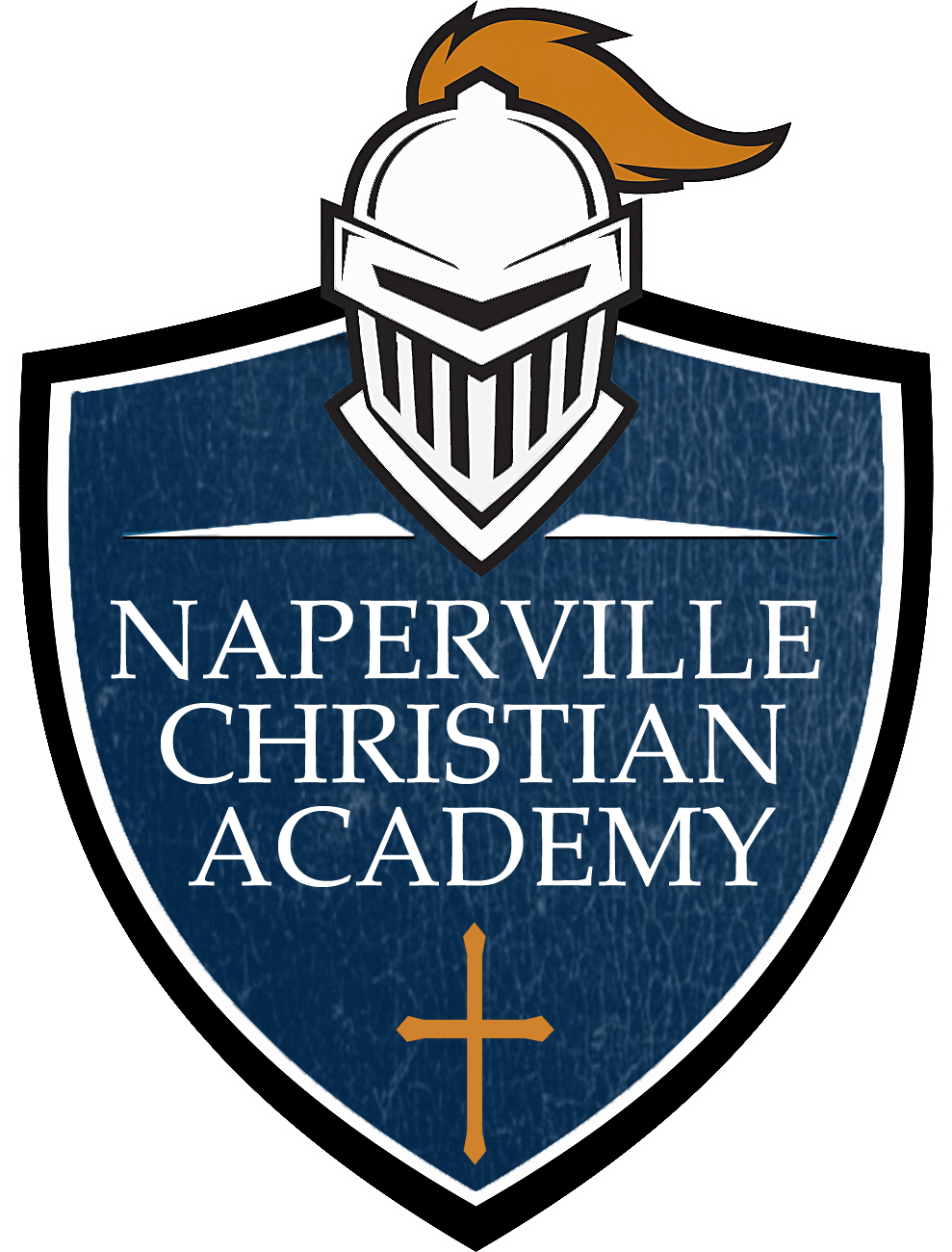Ancient Literature Class Letter

Good morning parents,
This year is just zooming by with our Ancient Literature class as we are finally in our last ‘genre’ unit of the first semester– philosophy. While in this philosophy unit, we will be looking at a few questions: What is virtue? How do we acquire virtue? Is knowledge a virtue? How are we cultivating virtue at NCA? We will be asking these big questions as we read through two Platonic dialogues, Meno and Protagoras, and selections of Aristotles’ Nichomachean Ethics. As some of you know, I recently completed my MA in Ancient Philosophy and wrote my thesis about the acquisition of intellectual virtues (aka a form of knowledge), so I am SO EXCITED to dive into these questions and texts with your children!
Since both Plato and Aristotle are quite dense, we will be doing a lot of the reading together during class. On nights that we spent class reading, students will fill out a variety of worksheets I made to supplement their learning and share their additional thoughts on the text. So, until the end of the semester, expect to see your children with more writing than reading assignments in literature. If you notice that the writing is taking an egregious amount of time, please let me know! This is my first time teaching this sort of class, so I really appreciate and value your feedback!
Oddly enough, we started our philosophy unit by reading Aristophanes’ The Clouds (a comedy satirizing Socrates’ teaching style). The students definitely enjoyed the comedy and saw a funny (and sometimes outlandish) characterization of Socrates, which will differ greatly from the distinguished Socrates that Plato depicts in his dialogues. I intentionally had us read this comedy first so that students would be reminded that while Socrates is a great teacher and makes a lot of true claims, his claims are not Truth. Our only source of true Truth is Scripture. So, it is okay if we question and even disagree with Socrates’ claims.
As I have already stated, we will be reading Plato’s Meno and Protagoras. While these are somewhat lesser-known Platonic dialogues, I have chosen them because they address our big philosophical questions best and students will read snippets of the Republic in history. Here are some optional questions to ask your children about our Plato readings:
How is reading philosophy going? Is it different from your typically more narrative-based literature readings?
What are the Meno and Protagoras about? What main questions do they ask? And, what sort of answers does Socrates give (if any)?
How does Socrates think we acquire virtues? Does he think knowledge is a virtue? Why/why not? What do you make of his claims? How do Socrates’ claims fare against scripture? (we will look at Philippians 4:8, 2 Peter 1:5-8, and 2 Peter 3:18)
I cannot say this enough, our class appreciates your prayer that these texts transform our minds and hearts in such a way that we can better recognize and know God’s Truth, Beauty, and Goodness.
Best,
Rebecca C-W
